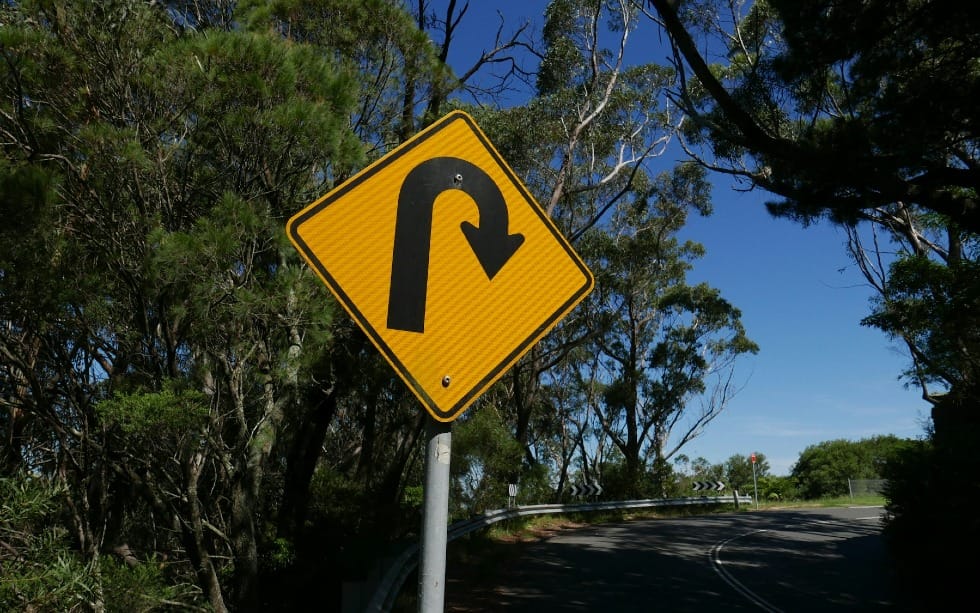How to Respond to Grief and Joy? (Mathew 14, Mark 6, Luke 9, and John 6)
Where do you turn when you are sad or happy? Many resort to the same source. They veg out on distraction, turn to pleasure, or act out on their lusts.

Matthew 14:1-21; Mark 6:14-44; Luke 9:7-17; John 6:1-15
Today's Scripture Passage
A Few Thoughts to Consider
Where do you turn when you are sad or happy?
Many resort to the same source. They veg out on distraction, turn to pleasure, or act out on their lusts. This was a challenge Jesus faced immediately before and after the feeding of the 5,000. Before this miraculous event, Jesus received news of John the Baptist’s death at the hands of King Herod Antipas’ wife, Herodias. John had been imprisoned for condemning Herod’s marriage to Herodias, who was previously married to Herod’s brother. Herodias held a deep grudge against John for his outspoken rebuke. When the opportunity arose, she manipulated the situation, leading to John’s beheading while he was still in prison.
After learning this news, Matthew 14:13 says that Jesus “withdrew from there by boat to a remote place to be alone.” Why did Jesus withdraw? It could be John’s death triggered images of his impending death. Or maybe Jesus withdrew because he was “shaking the dust off his sandals” and moving in a different direction where news of the kingdom was wanted. Regardless, his primary goal for pulling back was to spend time with his Father.
However, the people have different plans, and a large crowd, possibly 15,000-20,000, including women and children, presses around him. Rather than push them away and demand some privacy to deal with his grief, Jesus has compassion for them and heals their sick. As N.T. Wright says, “He translates his sorrow over John, and perhaps his sorrow over himself, into sorrow for them.”[1]
This feeding of the five thousand is the only miracle recorded in all four gospels—and for good reason. It points to the reality that Jesus was the true bread of life and that no one who came to him would ever be hungry or thirsty (John 6:35). The miracle highlights Jesus' divine authority and had messianic significance.
Given that this event took place right before the feast of the Passover, a meal that celebrated Israel’s escape from Egypt, it echoed the Old Testament provision of manna in the wilderness (Exodus 16), where God miraculously fed his chosen people. D.A. Carson writes, “That there were twelve baskets is almost certainly significant: the Lord has enough to supply the needs of the twelve tribes of Israel.”[2]
However, Jesus’ role is different. As the Gospel Transformation Bible says, “Jesus didn’t come merely to provide elements for the Passover meal but to be the Passover meal himself. He is the Lamb of God who takes away the sin of the world (John 1:29). On him we feed and are nourished.”[3]
After he performs this miracle, the people are excited. John 6:14-15 says, 14 “When the people saw the sign he had done, they said, ‘This truly is the Prophet who is to come into the world.’ 15 Therefore, when Jesus realized that they were about to come and take him by force to make him king, he withdrew again to the mountain by himself.” The implication is clear. They believe Jesus’ role as prophet is synonymous with king and that their time under Roman occupation is coming to an end.
Here, Jesus could have given in to this worship. But knowing this was not his Father’s plan, he withdraws yet again. In grief and joy, he never loses sight of what matters most.





